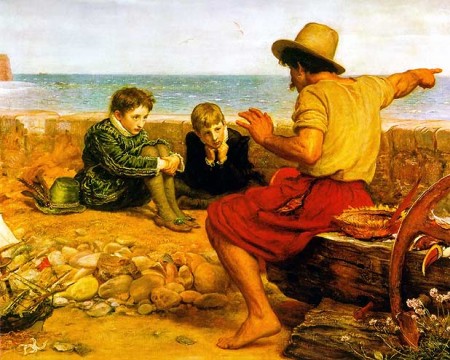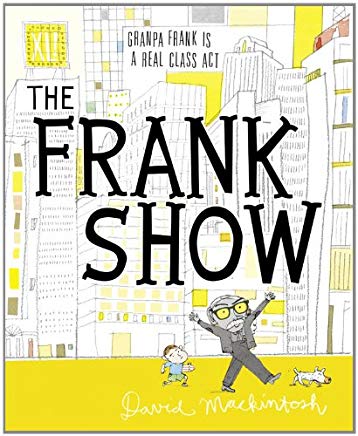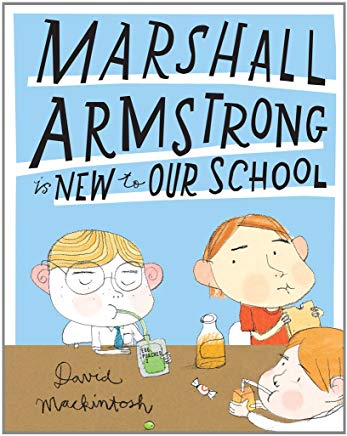The Blog
Blog Entry
Every Picture Tells a Story

The golden rule is great and all, but perhaps it skips a step. As I sit here trying to trace thematic circles around the latest children’s offerings at my local megamart, and hoping not to draw attention to myself, which is pretty much impossible because the salesperson to customer ratio in this section is about 4 to 1 these days, and everyone looks afraid of not working – as I loiter without a child to camouflage my childish interests, exclamation marks bouncing across my retinas – Yay, You! I Like Myself! – I wonder if self-loathing is quite the developmental epidemic you would imagine if you had alighted here from another solar system.
And yet such exhortations are similarly distributed across the teen and the adult sections, indeed they usually welcome you into the store. So you’d have to conclude that a) we’re not getting the message, or b) we are already plenty enthralled by ourselves, and it’s the rest of the world which merits introducing. Doing unto others? Really, why bother when everyone else are pale extras in the movie of your life? It may not come easy – presuming and imagining about other people’s lives where we cannot see them – still, as long as we’re exhorting anyone about anything, it’s probably never too early to start putting our money where are aphorisms are.
Since who doesn’t profit from these reminders – even now – that the guy who just stole your parking place, the mom who looks harried at drop-off, the voice on the end of your tech support call to Omaha, Provo, Bombay – who wouldn’t feel tempered at least by the possibility they are coping with illness, addictions, or death between your quibbles and objections? That today is their birthday, or today they became a citizen, or graduated, that many years ago they survived the sort of geopolitical nightmares we can only imagine from movies, or dove for pearls, or wrestled buffaloes, or invented peanut butter, or got a tattoo where you would not think to look, or charged across a muddy battlefield and captured one hundred enemy soldiers with nothing but wit and brute force?
That last is a revelation from David Mackintosh’s The Frank Show about the crabby old grandpa whom an elementary school boy is compelled to bring with him to show and tell. Mackintosh is a relative newcomer to picture books – his Marshall Armstrong is New to Our School was far and away one of the brightest new releases in the last year. Let’s hope he sticks around. For starters, his narrators here and in Marshall Armstrong have the underrated good sense to get out of the way. (After Marshall Armstrong my son and I couldn’t even agree if it was a boy or a girl who was telling the story.) Yet theirs are both singular visions: of a homeroom oddball constructed from the unlikeliest fractions – ear like a seashell, freckles like birdseed, straight laces, mosquito bites, space food – and the elderly curmudgeon you think you sort of recognize from someplace else.
But you don’t know Frank.
“Things were a lot tougher back then,” he reminisces predictably about growing up, though “tough” in these pages is represented by pictures of gangsters, and strongmen, and circus clowns, and army tanks, and crocodiles, and doctors with very long needles, and look – is that Edgar Allen Poe? It’s all a little mysterious and terrifying.
Are these bugaboos really the grandpa’s or the boy’s? When Frank says he doesn’t like fancy food – “plain and simple, that’s me” – and you catch him with his hand in a jar full of strong pickled onions, here are arguably two stories for the price of one. Ladies and gentlemen, this is why we have picture books, in case you should ever forget.
Frank doesn’t like noise, or gadgets, or haircuts, or doctors, or anything but vanilla, but it turns out he’s got a lot more up his sleeve – including that blurry tattoo – and I can’t say I was exactly surprised. The last page finds a round table of school children giving him his due – and probably a little bit more. Can he really catch a fly with his bare hands and let it go? And did he truly lose his sense of smell to an amateur boxing career? Considering how fine it feels sometimes to get swept up in somebody else’s story, what would it finally cost us if we were wrong?


